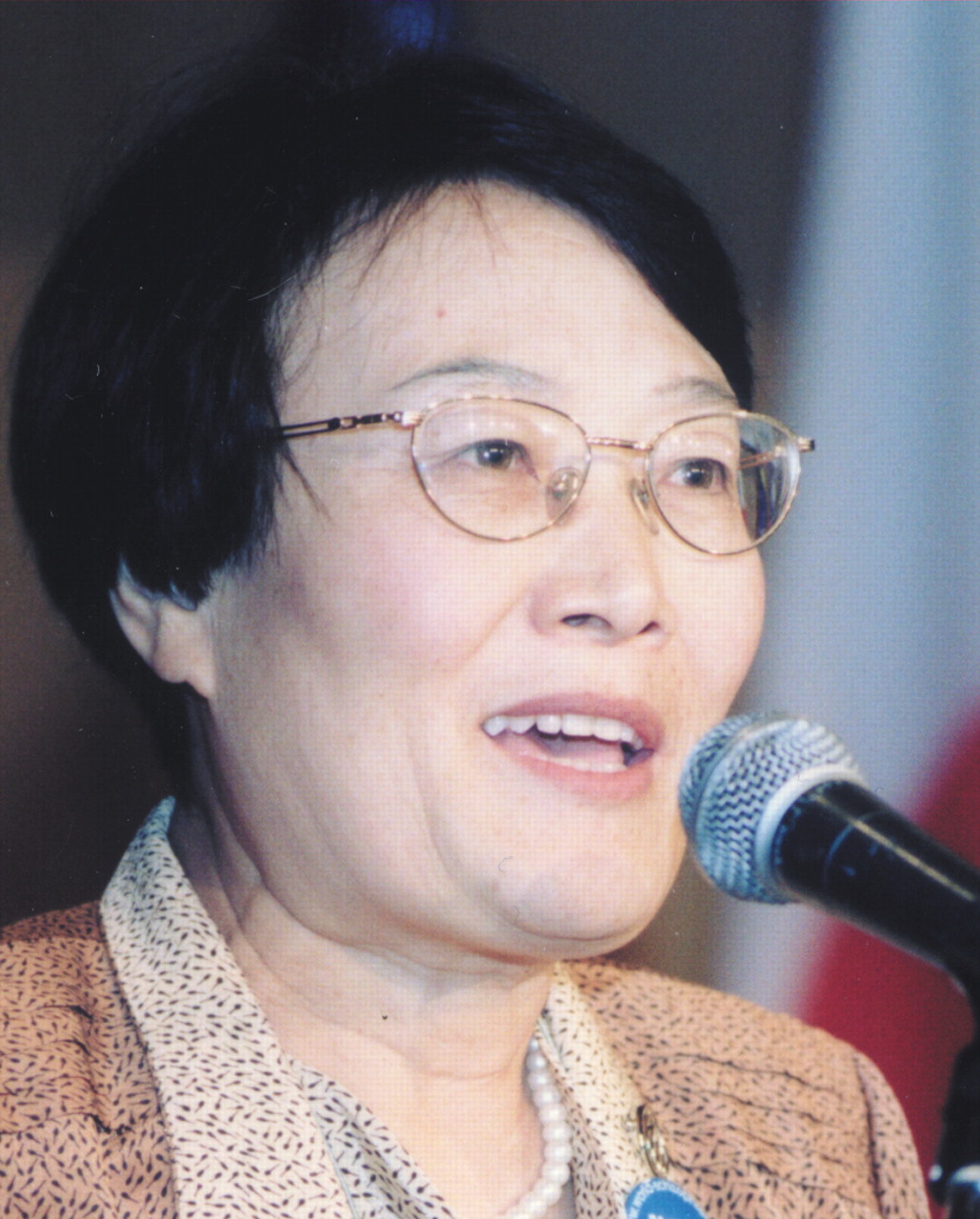In Korea, stigma keeps people with mental illness behind closed doors, quite literally. But this proved no obstacle to Susie Kim, D.N.Sc., who strove to get treatment to those who needed it.
Kim traveled from Korea to speak on a panel at the international plenary at the National Alliance for the Mentally Ill (NAMI), 2001 convention in July.
Kim, who is director of the Research Institute of Nursing Science and chair of the Psychiatric Mental Health Nursing Division at Ewha Women’s University also identifies herself as a psychiatric nurse, an advocate, and family member of someone with mental illness.
Her favorite cousin, a naval academy graduate, was diagnosed with schizophrenia at the age of 29.
In 1992, when she was dean of the College of Nursing Science at Ewha Women’s University in Seoul, Korea, Kim helped to establish the first training program for psychiatric mental health nurse practitioners in the country.
With 20 newly trained psychiatric nurse practitioners in the Seoul area, Kim then created a voluntary task force to help reform the mental health system by establishing the first nurse-managed community mental health program.
“This is something unimaginable in a country where the medical profession dominates the health care delivery system,” she said. “Two district health centers rejected our idea of approaching local residents, simply because we were nurses.”
However, Kim and her colleagues eventually made an arrangement with a health center in a poor section of Korea to approach residents to help locate people with serious mental illness. “Our first goal was to locate long-term psychiatric patients who were confined at home without care,” said Kim.
The psychiatric nurse practitioners went door to door and found 204 people with mental illness who had received no care.
Kim applied for a grant from the United Nations Development Program for $1,000 to fund bus fare, lunches, and daytime activities for the people. “In the end, the $1,000 proposal became a $300,000 project to develop easily accessible and cost-effective treatment that would offer quality mental health care and become part of a social rehabilitation program,” proclaimed Kim.
The project aimed to rehabilitate long-term psychiatric patients to decrease the need for future hospitalization and maximize social functioning. It made use of 61 volunteers, including psychiatrists, psychologists, social workers, and the nurse practitioners.
Project staff not only provided care at the community mental health center but also within homes, where staff taught families about mental illness, medication compliance, stress management, effective communication skills, and symptom management.
Kim and her colleagues also used various “interpersonal caring techniques” with the patients, which included comforting, sharing, and active listening, for instance. In a study of the project, Kim found that patients who had been exposed to these simple techniques had benefited enormously.
“They made extraordinary progress in terms of daily living skills, self-care activities, family support, and family burden compared with the control group,” said Kim. Additionally, for this group, the average length of hospital stays after two years decreased from 231 days per year to just 13 days.
“Families, consumers, and mental health professionals today have challenging opportunities to create new therapeutic modalities,” said Kim. ▪

